A queer reading into songs from Cavetown’s new album Worm Food
Album Cover of Worm Food depicting Cavetown slumped over and bats flying around him.
Cavetown’s music has always been introspective and reflective. As a transgender and aroace artist himself, his music creates a safe environment for queer audience moments.
Cavetown, an English singer-songwriter by the name of Robin Skinner, has always created a safe space for transgender youth since he started his music career in 2013. From some of his earliest music, such as his debut single “This is Home” that has spurred on an organization for LGBTQIA+ youth, the This is Home project released along side “Frog”, to the more recent “Idea of her” from his 2021 album “Man’s Best Friend” that incorporates aspects of his aromantic attraction, his music has always been queer coded. The recent songs teasing his upcoming album are no different. “Worm Food” is the newest album they have released which included the songs “1994” and “Frog.”
His music has always been associated with a quiet ukulele and soothing vocals, yet there has been a shift in the instrumental as it becomes more studio produced while still being able to keep that bedroom pop charm. There is never a thought that the music feels less like his older albums, always accompanied by soft harmonies strummed by a soothing fretted instrument and the low electrical cues pulled from soundboards. However, “1994” is different-, yet very on brand in its theming and still put together in such a way that makes your heart strings tug as if they were plucked from a guitar. The song touches on nostalgia as the flow from the usual song as it opens with more 1990s to early 2000s vibes from the guitar riff.
If you felt like you lost a part of your childhood, you’ll resonate with “1994.” The messaging isn’t necessarily subtle through the lyrics of the second verse. While you listen, it sends you back in time for just a moment, remembering how it felt to be a child again and trying to regain that part of yourself that you can recall but not quite reach. As the chorus approaches, it gets quiet for a moment, almost as if to let you catch your breath before the guitar starts to get louder while the drums slowly make their way into a smooth, rhythmic pattern that comes to a very quiet landing. You’re then transported into a different setting with familiar tones peaking through like plants growing through cracks in the concrete— something you don’t necessarily notice but appreciate.
Yeah the kids are growing up, I feel like I’m stuck/ But I don’t wanna catch up right now
— Cavetown
The lyrics from the above pullquote capture the melancholy & longing that you feel while looking back on your childhood— or a lack thereof. It reminds me of late nights searching for parts of my childhood and trying to piece it back together under the cover of night. The repetition of these words helps amplify this constant thought always coming back as time continues to move forward, never stopping for you.
The next verse is backed with much more confident music, the guitar and drums having its tone becoming stronger as the song continues. The lyrics change from a melancholy reflection of one’s childhood to the outcome of what it is like today. You feel yourself get put back into perspective that time never stops for you, so you inevitably feel stuck and lost. It mellows out with only guitar backing Skinner’s vocals; slowly the piano and drums play to allow for a very quiet rhythm as it quietly ends the start of the album.
The song’s theme is one that many artists have recently picked up, and can be compared to music such as “Participation Trophies” by Madeline as it tackles feelings of lacking a childhood and its impacts on us through burnout. Yet, Skinner is able to craft an original feel to the song. It hits home for me of how I have felt lost in trying to find an appreciation for my childhood as a trans person. I could never do the things I wanted to experience nor had the ability to since I was transgender- and doing anything outside of that norm would have been out of this world.
“Frog” is no different. Its production, although definitely still appealing to Skinner’s way of mixing alternative sounds and real instruments, sounds vastly different from “1994.”
“Frog” stands out as softer and warmer tones, as Skinner is much more quaint and never gets nearly as loud as 1994. The song opens up with the repetitive strumming of a guitar from a love song, and the gentle plucking of a bass to compliment the melody. While approaching the chorus, the music swells and the faintest electronic “brip” is heard, sounding like a raindrop falling gently into a puddle, rippling its surface. It’s a pick me up and soothes any anxieties you may have had previously. This carries out throughout the song, allowing for its loving and playful side to always shine through.
The next time the chorus is sung again, the song devolves into an even cuter electronic sound reminiscent of the croak of a frog. It overtakes the instrumentals and made me giggle on my first listen, as I wasn’t expecting the sillier side of the song to jump out at me (get it? Like a frog). You can feel the happier, goofy side of this song through it all and that also applies to its lyrics and theme.
Generally Skinner’s lyrics throughout “Frog” are cute and romantic, like the types of phrases that make you smile without even thinking about it. The motifs to the story “The Frog Prince” only help the song as it gives way to clever wording in the thematic interpretations from a queer perspective. As he sings about the secret he has to tell his lover that he hopes they won’t judge him on, as well as him feeling as if he needs to teach them how to love him— I can’t help but see a lot of the same ways I myself as a trans person find solace in these lyrics.
We always want our loved ones to accept us for who we are, and sometimes, that means we have to guide them through that journey but as long as they still love us, it’s worthwhile. “Frog” is by all accounts a love song, yet the lyrics give way to a reflection of the transgender dating life and a happy one at that! Most transgender music has to do with the somber realization of who we are, or perhaps a sad ballet of how we do not fit into what is deemed “correct,” which is wonderful and real— but also doesn’t touch on some of the happier notes in our lives such as having relationships that accept, love, and support you. Skinner masterfully shows this in a very subtle way, allowing for open interpretation of his music while still relating to his largely LGBTQIA+ audience.
Skinner is almost like an unpaired word (a literary term used for a word that is unable to be translated into other languages), as they are able to depict very real emotions within their music however it can be difficult to describe what you are feeling afterwards with only one word. His music is not sad nor is it necessarily reflective, instead it carries such hearty weight that makes it unique and stand out. There is no doubt that “Frog” and “1994” are beautiful songs that carry themselves in such different ways while still keeping with the genre of alternative music Skinner is so well known for— and I hope that the rest of “Worm Food” will be the same.
Your donation will support the student journalists of Carnegie Vanguard High School. Your contribution will allow us to cover our annual website hosting costs and fund field trips, competition fees, and equipment. We appreciate your support!
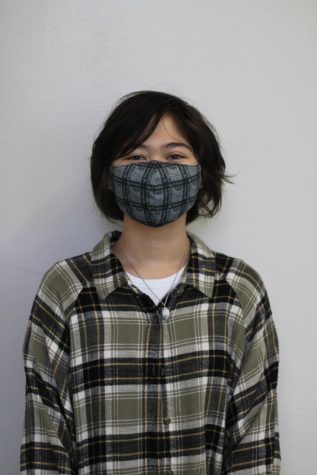
Rinn is a senior at Carnegie who is originally from Japan and loves to thrift. He likes to express himself through clothes and jewelry he finds thrifting,...

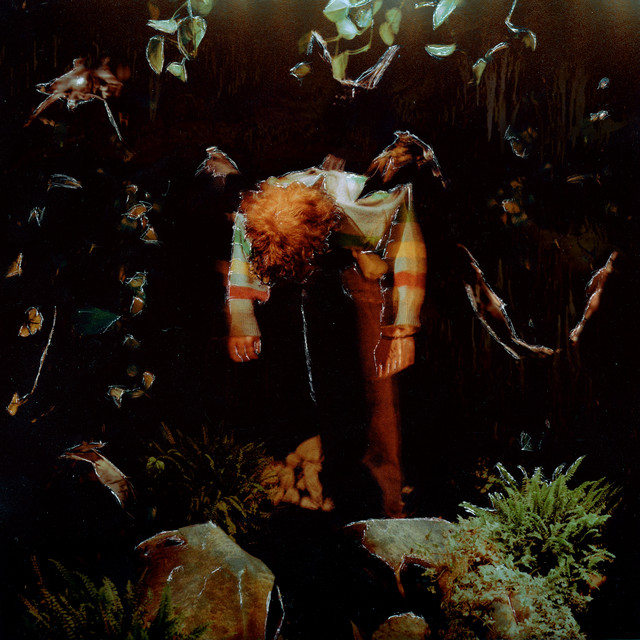

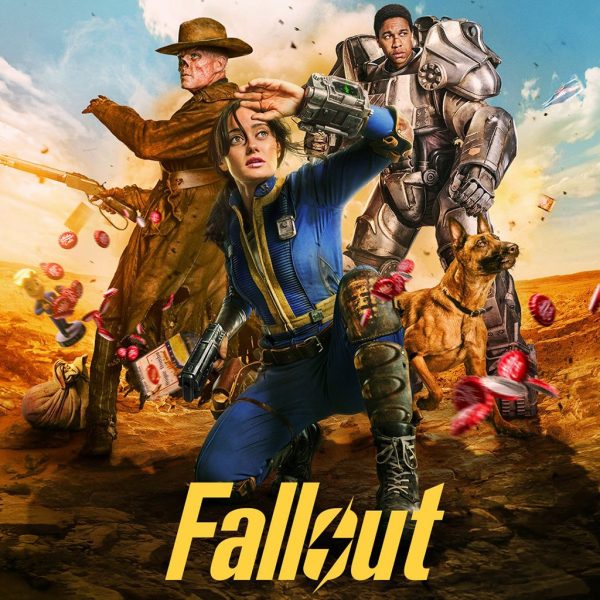
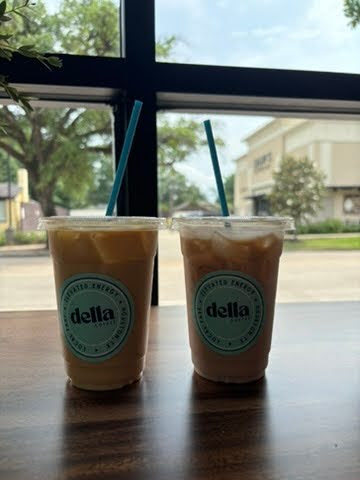

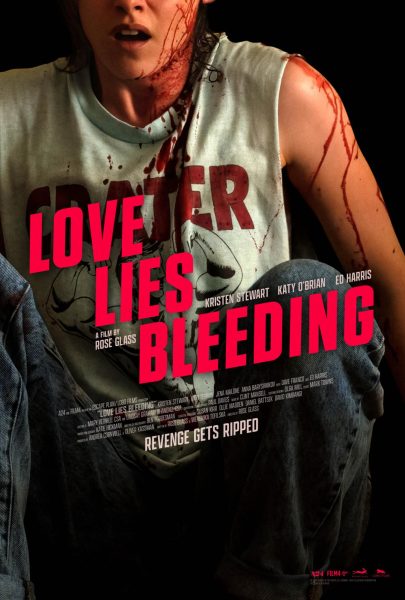
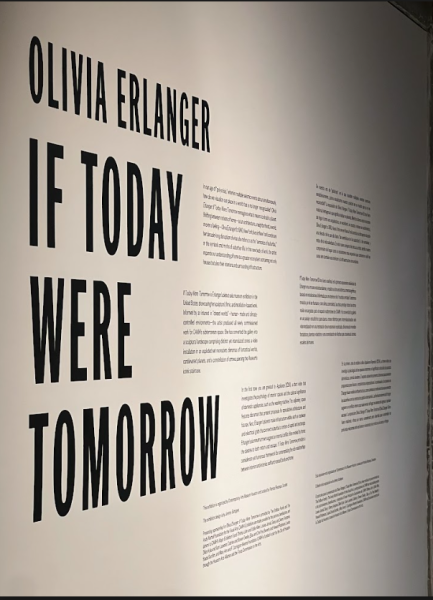
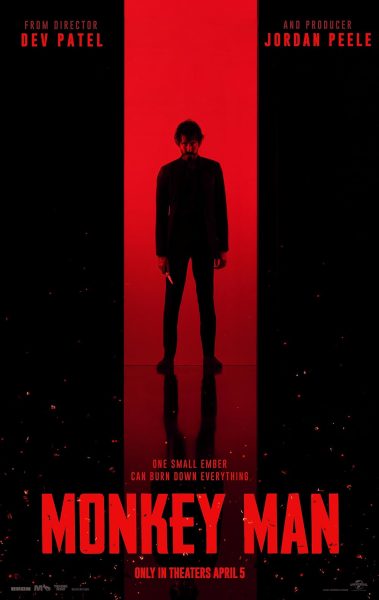
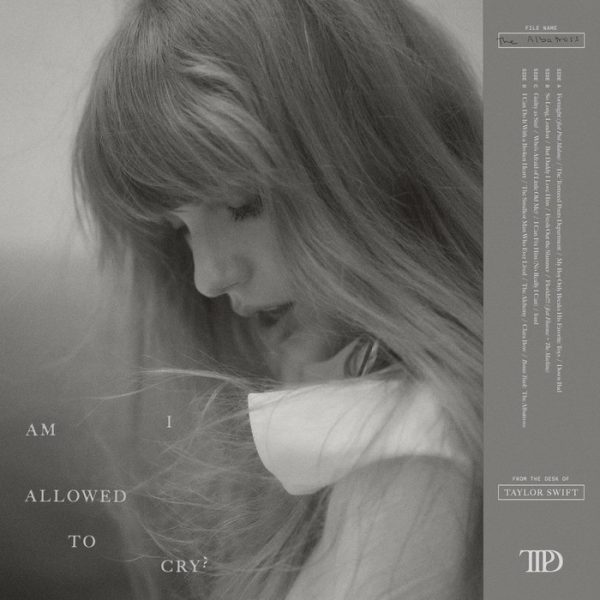


Jasper • Jan 14, 2023 at 1:18 pm
I love cavetown
Roma Taylor • Nov 18, 2022 at 8:36 am
aww, this is written so well! fabulous takes >:)
Hagar Cohen • Nov 14, 2022 at 9:57 am
I love the descriptive language you use and it’s making me super excited to listen to the album!
Bao Ngyuen • Nov 14, 2022 at 9:51 am
I <3 this review and your writing! Your ability to communicate the songs' feelings is amazing *slow clap*.